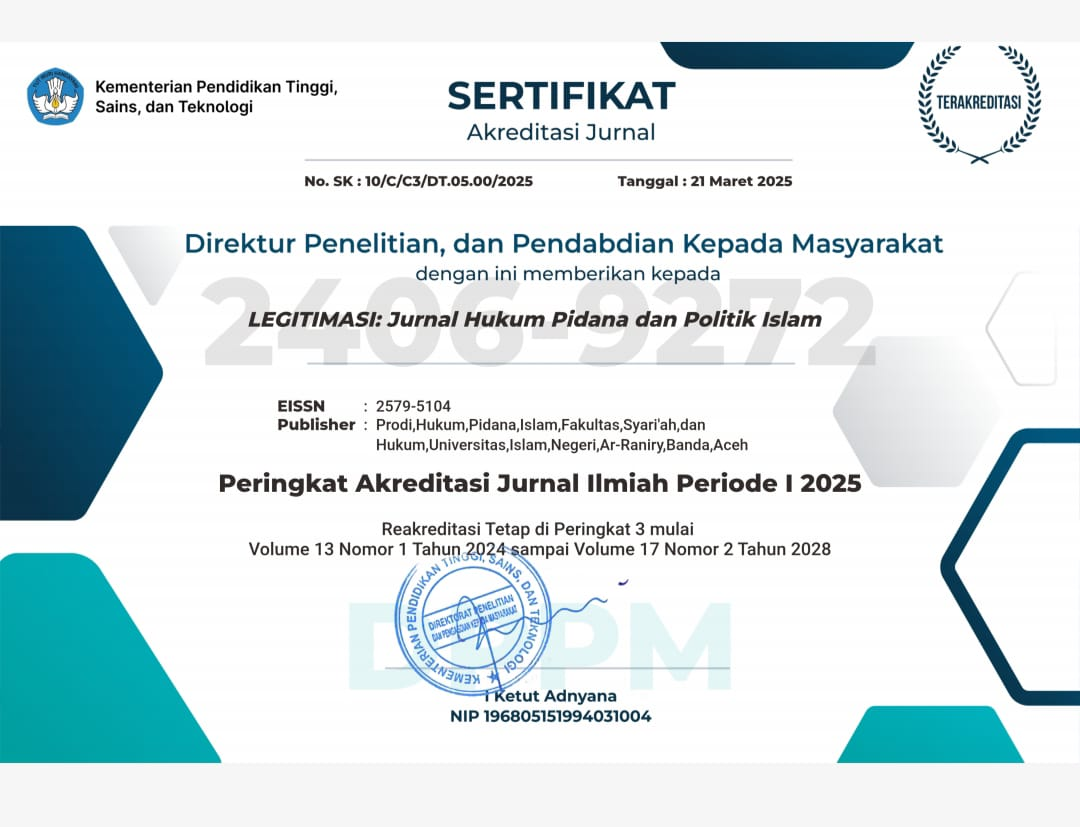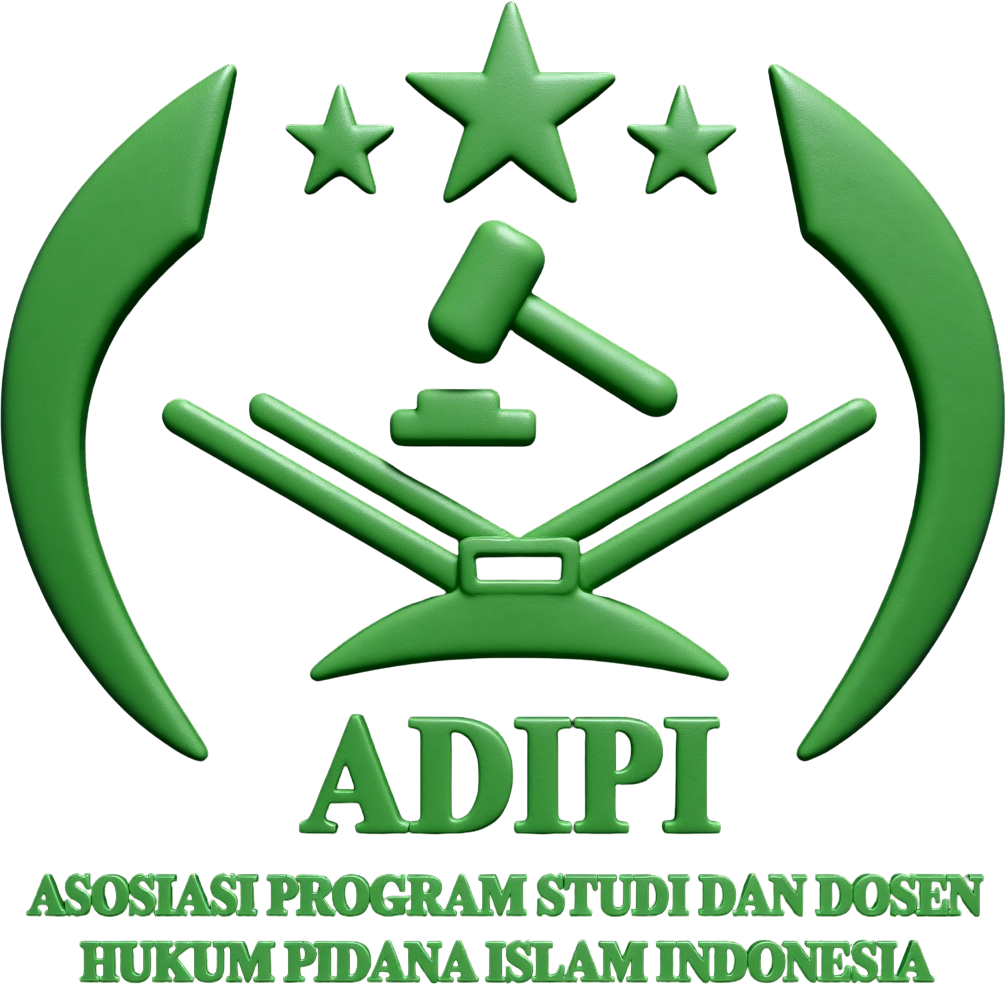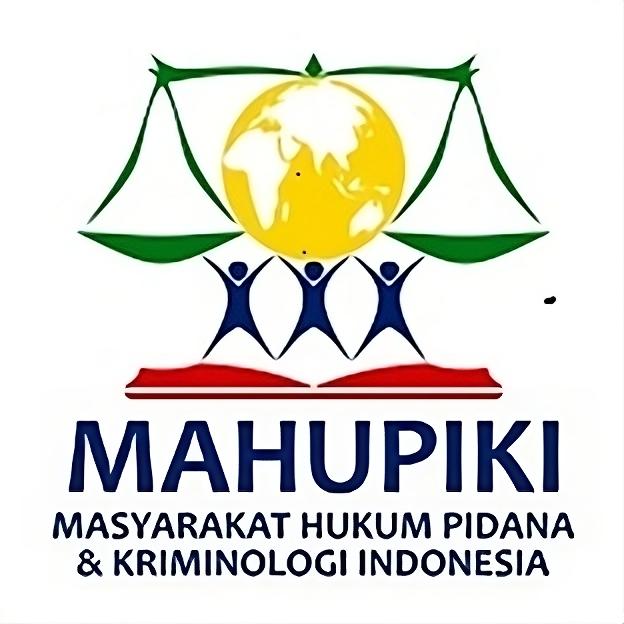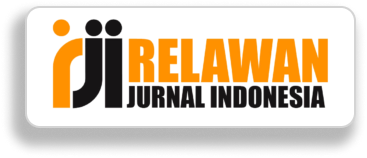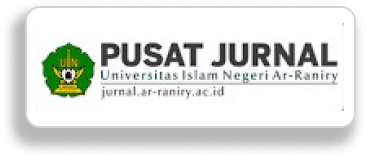For The Sake of Survival: Illegal Gold Mining Exploitation Crimes from Environmental Fiqh in South Aceh Regency
DOI:
https://doi.org/10.22373/legitimasi.v13i1.25008Keywords:
Illegal Mining, Crime, Environmental FiqhAbstract
Criminal acts of illegal mining in East Labuhahaji District, South Aceh, continue to be carried out by the community without paying attention to the negative impacts on the surrounding environment, which can result in losses for the benefit of the community. This article aims to analyze the factors and impacts of illegal gold mining on the environment of the people of Labuhan Haji Timur District, South Aceh Regency, in terms of environmental fiqh. Data was obtained through interviews and analyzed critically. The research results show that the factors causing people to carry out illegal gold mining in East Labuhanhaji District are low economic life and community education, minimal socialization regarding mining prohibitions, and minimal public awareness of religious values regarding environmental damage. Illegal gold mining has a negative impact in the form of deforestation, making it prone to flooding and damage to plantation land. Judging from environmental fiqh, the criminal act of illegal gold mining in Labuhan Haji Timur District, South Aceh Regency, is an act of jihad that is contrary to Islamic law because it hurts environmental damage and the benefit of the community at large. Therefore, in Islamic law, illegal gold mining can be subject to sanctions in the form of ta'zir.
References
Abdullahi, Ja’afar Agaji, and Isah Abubakar Idris. “Ta’zir Punishment in Islam and Its Implication in Our Society.” Middle East Journal of Islamic Studies and Culture 3, no. 04 (2023).
Al-Qaffal, Muhammad bin Ali Al-Shashi. Mahasin Al Syariah Fi Furu’ Al Syafiiyah : Kitab Fi Maqashid Al Syari’ah. Lebanon: Dar Al-Kutub Al Ilmiyah, 2007.
Al-Qaradhawi, Yusuf. Islam Agama Ramah Lingkungan. Jakarta: Pustaka Al-Kautsar, 2001.
Al-Zindani, Abdul Majid bin Aziz. Mukjizat Al-Qur’an Dan As-Sunnah Tentang IPTEK. 1st ed. Jakarta: Gema Insani Press, 1997.
Ali, Mahrus, Wahyu Priyanka Nata Permana, Syarif Nurhidayat, M. Syafi’Ie, Andy Nugraha Triwantoro, and Alif Lukmanul Hakim. “Punishment without Culpability in Environmental Offences.” Cogent Social Sciences 8, no. 1 (2022).
Amrani, Hanafi. “Criminal Policy on Environmental Crimes: Indonesia’s Perspective.” Academic Journal of Interdisciplinary Studies 11, no. 3 (2022).
Auda, Jasser. Maqasid Al-Shari’ah a Beginner’s Guide. London-Washington: The International Institute of Islamic Thought (IIIT), 2008.
———. Maqasid Shariah as Philosophy of Islamic Law: A Systems Approach. Edited by I. London: IIIT, 2007.
Bsoul, Labeeb, Amani Omer, Lejla Kucukalic, and Ricardo H. Archbold. “Islam’s Perspective on Environmental Sustainability: A Conceptual Analysis.” Social Sciences 11, no. 6 (2022).
Djalaluddin, Muhammad Mawardi, Bulqia Mas’ud, Dedy Sumardi, Isnawardatul Bararah, and Kamus Kamus. “The Implementation of Ta’zīr Punishment as an Educational Reinforcement in Islamic Law.” Samarah 7, no. 1 (2023).
Espin, Johanna, and Stephen Perz. “Environmental Crimes in Extractive Activities: Explanations for Low Enforcement Effectiveness in the Case of Illegal Gold Mining in Madre de Dios, Peru.” Extractive Industries and Society 8, no. 1 (2021).
Hamzah, Irfan Amir, Sultan Hasanuddin, Tarmizi, and Muhammad Fazlurrahman Syarif. “Sustainable Development of Mangrove Ecosystem Policy in South Sulawesi from the Perspectives of Siyāsah and Fiqh Al-Bi’ah.” Juris: Jurnal Ilmiah Syariah 22, no. 2 (2023).
Imran Hayat al. “The Role Of Islamic Environmental Ethics In The Alleviation Of Climate Challenges And The Preservation Of Ecosystem.” Russian Law Journal 11, no. 11s (2023). https://doi.org/10.52783/rlj.v11i11s.1967.
Kula, E. “Islam and Environmental Conservation.” Environmental Conservation 28, no. 1 (2001).
Latif, Muhaemin, Darmawati Hanafi, Rahmi Damis, and Abdi Goncing. “Environmental Theology and Its Relevance to Islamic Law: Perception of Makassar Muslim Scholars, Indonesia.” Samarah 7, no. 3 (2023).
Madjid, Nurcholish. Pintu-Pintu Menuju Tuhan. Jakarta: Paramadina, 1995.
Misran. “Criteria of Offenses as Part of Ta’zir Penalty (Kriteria Tindak Pidana Yang Diancam Hukuman Ta‘Zir).” LEGITIMASI: Jurnal Hukum Pidana Dan Politik Hukum 10, no. 2 (2021).
Mohamad, Abdul Basir. “Environmental Preservation and Water Pollution from the Islamic Perspective.” Samarah 7, no. 2 (2023).
Ramli, Supian. “MUI Dan Fatwa Tentang Lingkungan Hidup.” PROSIDING Koferensi Internasional Fatwa, 2018, 249.
Redi, Ahmad. Hukum Penyelesaian Sengketa Pertambangan Mineral Dan Batubara. Jakarta: Sinar Grafika, 2017.
Saleh, Mohamad Saifudin Mohamad, Sharafa Dauda, Tan Kwang Shean, and Nik Norma Nik Hasan. “Islamic Environmental Reporting and News Sources in Malaysian Newspapers.” International Journal of Islamic Thought 22 (2022).
Saniotis, Arthur. “Muslims and Ecology: Fostering Islamic Environmental Ethics.” Contemporary Islam 6, no. 2 (2012).
Setiadi, Iqbal Tawaka dan Edi. “Analisis Yuridis Pertanggungjawaban Pidana Terhadap Pelaku Pertambangan Ilegal Di Kabupaten Bogor Dihubungkan Dengan Undang-Undang Nomor 4 Tahun 2009 Tentang Pertambangan Mineral Dan Batubara.” Bandung Conference Series: Law Studies, 2022.
Sukarni. Fikih Lingkungan Hidup: Perspektif Ulama Kalimantan Selatan. Jakarta: Kemenag RI, 2011.
Syahrur, Muhammad. Al-Kitab Wa Al-Qur’an: Qira’ah Mu’asharah. Qahirah: Sina li al-Nasyr wa al-Ahalli, 1992.
Thamrin, Husni, Sukamto Satoto, and Usman. “Arrangement for Settlement of Unlisenced Gold Mining Crimes Through A Restorative Justice,” 2023.
Uhm, Daan P. van, and Rick C.C. Nijman. “The Convergence of Environmental Crime with Other Serious Crimes: Subtypes within the Environmental Crime Continuum.” European Journal of Criminology 19, no. 4 (2022).
Wardani. “Menformulasikan Fiqih Al-Bi`ah (Prinsip-Prinsip Dasar Membangun Fiqih Ramah Lingkungan).” Buletin Al-Islamiyah: Media Kajian Dan Dakwah Universitas Islam Indonesia. January 2009.
Wijoyo, Suparto. Hukum Lingkungan: Kelembagaan Pengelolaan Lingkungan Di Daerah. Surabaya: Airlangga University Press, 2005.
Yusdani, J A. “The Enviromental Crisis In The Prespective Of Contemporary Islamic Studies In Indonesia.” Russian Law Journal, 2023.
Interview:
Interview with Usman, Youth Leader in East Labuhanhaji District, October 24 2021.
Interview with Muhammad, Mining Community in East Labuhanhaji District, October 22 2021.
Interview with Kamaruddin, Mining Community in East Labuhanhaji District, October 22 2021.
Interview with Jamal, Mining Community in East Labuhanhaji District, October 21 2021.
Interview with M. Saleh, Mining Community in East Labuhanhaji District, October 23 2021.
Interview with Karni, Village Head in East Labuhanhaji District, October 20 2021.
Interview with Marwan, Mining Community in East Labuhanhaji District, October 22 2021.
Interview with Employees of the South Aceh Regency Energy and Mineral Resources Service, October 28 2021.
Interview with Zainal, Mining Community in East Labuhanhaji District, October 20 2021.
Interview with Syahrul, East Labuhanhaji District Youth Chair, October 21 2021.
Interview with Yudi, Mining Community in East Labuhanhaji District, October 21 2021.
Interview with Kaidir, Mining Community in East Labuhanhaji District, October 20 2021.
Interview with Dahniar, a Religious Figure in East Labuhanhaji District, October 26, 2021.
Downloads
Published
Issue
Section
License
Authors who publish in Legitimasi: Jurnal Hukum Pidana dan Politik Hukum agree to the following terms:
- Authors retain copyright and grant the journal right of first publication with the work simultaneously licensed Attribution-ShareAlike 4.0 International (CC BY-SA 4.0) that allows others to share the work with an acknowledgment of the work's authorship and initial publication in this journal.
- Authors are able to enter into separate, additional contractual arrangements for the non-exclusive distribution of the journal's published version of the work (e.g., post it to an institutional repository or publish it in a book), with an acknowledgment of its initial publication in this journal.
- Authors are permitted and encouraged to post their work online (e.g., in institutional repositories or on their website) prior to and during the submission process, as it can lead to productive exchanges, as well as earlier and greater citation of published work. (See The Effect of Open Acces)

